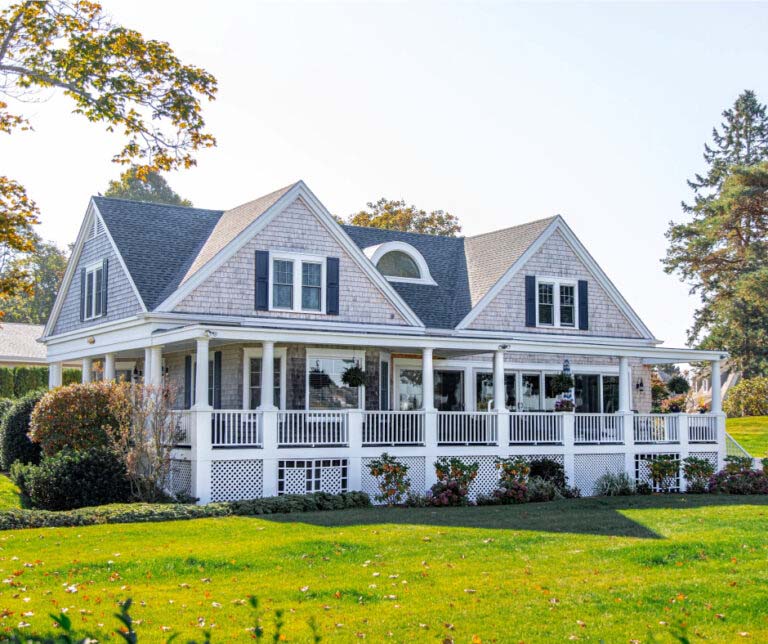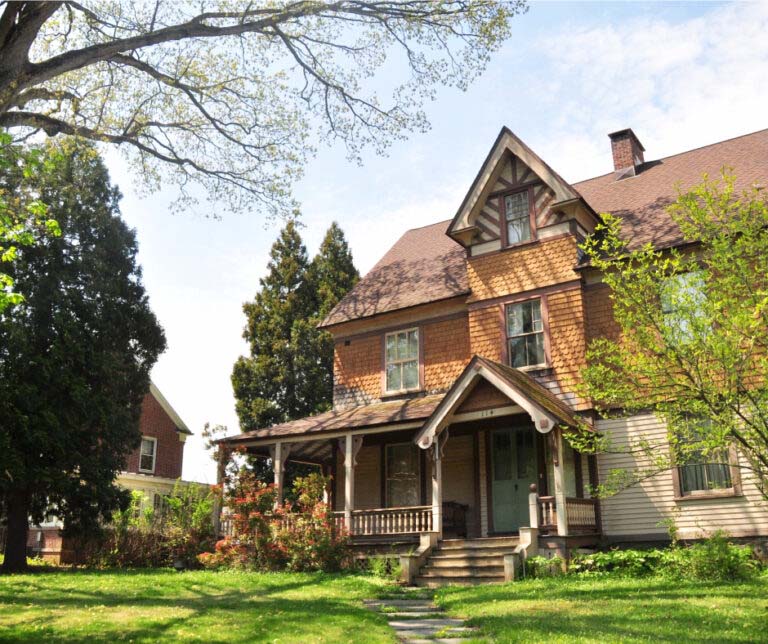Self-Employed Mortgage Guidelines on Traditional and NON-QM Loans
In this blog, we will cover and discuss the self-employed mortgage guidelines on both traditional and non-QM loans. Self-employed mortgage guidelines depend on the various loan programs. If you’re self-employed and reading this blog, you have more than likely run into trouble while attempting to get a mortgage. Self-employed mortgage guidelines on non-QM loans do not require borrowers’ income tax returns. Non-QM Mortgage Lenders launched non-QM loans for self-employed borrowers.
Mortgage Options For Self-Employed Borrowers With No Income Docs
There are two types of self-employed mortgage guidelines:
- Self-Employed Mortgage Guidelines on Traditional Government and Conventional Loans
- Self-Employed Mortgage Guidelines on NON-QM Loans
In this article, we will cover and discuss Non-QM Mortgage Guidelines.
Self-Employed Mortgage Guidelines on Government And Conforming Loans
With traditional self-employed mortgage guidelines on government and conventional loans, income tax returns are required. FHA, VA, USDA, and conventional loans are considered traditional loans. Many loan officers will simply put their hands up when they get self-employed borrowers.
How Do Mortgage Underwriters Look at Tax Returns For Self-Employment Income?
Most loan officers are not familiar with Self-Employed Mortgage Guidelines and analysis of income tax returns. Not only because it is more work for the loan officer. The main reason is analyzing tax returns is complex and requires special skills in the mortgage industry.
How Is Self-Employed Income Calculated?
There are many instances where you can get three different incomes from the same borrower who is self-employed because the person calculating has different ways of computing self-employed income.
How Do Mortgage Companies Verify Self-Employed Income?
Self-employment income can be arbitrary Some mortgage underwriters may calculate it one way while a different underwriter a different. Many times, underwriters can use their discretion and not count income that other underwriters may not see a problem using such as declining income, or irregular self-employed income.
How Do Mortgage Underwriters Calculate Income For Self-Employed Borrowers
Many loan officers do not know how to complete self-employed income calculators correctly. This is the reason we send all self-employed borrowers to our underwriter for a complete income calculation. As part of the loan process, the underwriter needs to sign off on the income. So why not do this upfront?
The short answer is most loan companies are so large these days that they simply become a number like you are at the deli. That is not the case with us at Non-QM Mortgage Lenders Our business model allows us to help all clients on a personal level. Our process is streamlined to help those with one-off situations get qualified for the mortgage they deserve.
What Are My Mortgage Options As a Self-Employed Home Buyer?
What are my options as a self-employed mortgage borrower? Ever since the real estate and the economic collapse of 2008, the government of the United States of America has stepped in to oversee mortgage regulations. And a lot of these regulations put in place by HUD, Fannie Mae, and Freddie Mac do step in the way of self-employed borrowers obtaining mortgage financing.
How Do Mortgage Lenders Calculate Income?
Mortgage companies must use income that is reported to the IRS on Federal Tax Returns for qualification. Freddie Mac and Fannie Mae have set the standards for what can be added back in and what is taken out as far as deductions on your 1040 tax returns are concerned.
Reach out to the self-employed experts at Non-QM Mortgage Lenders to go over your income qualifications based on your federal tax returns. If you decide to proceed, the income will be confirmed by an underwriter, so there is no guessing game during the process.
Excluding Unreimbursed Business Expenses For Higher Income
Are there ways to exclude business expenses? Depending on how taxpayers file income tax returns and how they complete accounting for their business, they may be able to exclude liabilities from credit reports from the overall debt-to-income ratio.
To elaborate, if borrowers have credit cards that are used for business purposes, those may be excluded.
Can Mortgage Underwriters Make Exceptions For Higher Adjusted Gross Income?
Borrowers must provide proof of 12 months’ bank statements showing they paid these expenses out of their business bank account. It must be from the business to be excluded from the debt-to-income ratio.
This is a great way to increase buying power when getting pre-approved for a mortgage. If planning on buying a home in the next few years, it might be a good idea to open a business bank account.
Alternative Financing For Self-Employed Borrowers

If for some reason borrowers still cannot get qualified using income tax returns, we have a full lineup of NON-QM mortgage loans that helped many self-employed borrowers purchase a home.
Qualified income will be calculated off borrowers’ bank statements and not tax returns. We do not require income tax returns. There are a few caveats to how this program works. Please call Mike Gracz at (800) 900-8569 or text for a faster response to asking specific questions.
See our other blogs on Non-QM Mortgage Lenders and other affiliate sites for further details:
Non-QM Bank Statement Mortgages
Non-QM Mortgage Lenders is committed to getting out clients qualified, and pre-approved, and offering the best mortgage options that are best suited for them. If for some reason you do not qualify today, we will put you on a plan to qualify as soon as possible. Take a look at some of our reviews. We work with many families for up to a year before they qualify. Some even longer. We are committed to treating you and your family like valued clients and not just an application number. We are available 7 days a week and we’ll do our best to make this process as smooth and easy as possible.
Starting The Pre-Approval Mortgage
There are no loan limits on non-QM loans for self-employed borrowers. There is no mortgage insurance required. The down payment required is 5% to 20%. The amount of the down payment is dependent upon borrowers’ credit scores. Mortgage Rates are competitive with traditional loan programs. Mortgage rates depend on down payment and borrowers’ credit scores.
Non-QM Jumbo Mortgage Loans
Non-QM Mortgage Lenders also offers 90% LTV NON-QM Jumbo Mortgages With No Mortgage Insurance. The maximum loan limit is $3 million. No mortgage insurance is required. Contact Michael Gracz at (800) 900-8569 or text for a faster response. Or email Michael at mgracz@gustancho.com. Mike and his national team of licensed and support personnel is available 7 days a week, evenings, weekends, and holidays.






